How to rebuild a city with Karam Alkatlabe

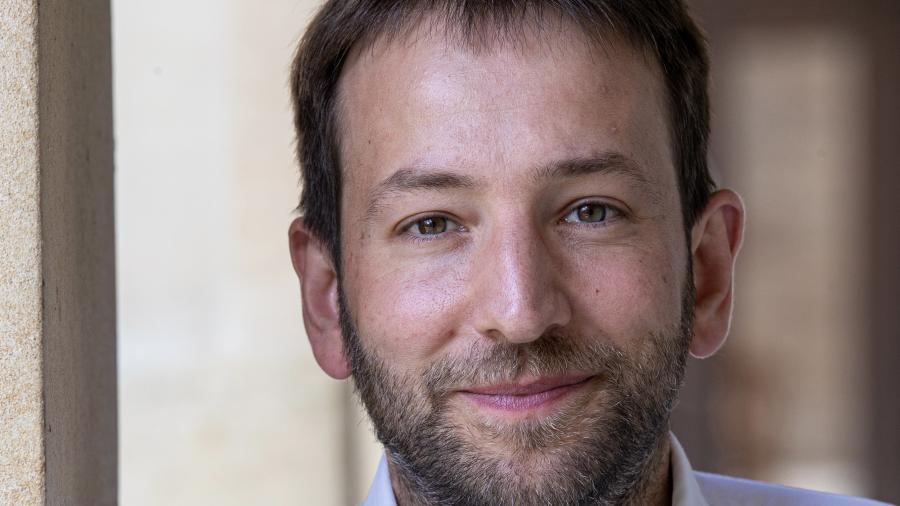
MBioc MSc PHD HDR
Professor Salje is an infectious disease epidemiologist working on the spread and control of pathogens.

Professor Salje heads the Pathogen Dynamics Group in the Department of Genetics.
He is also an adjunct Assistant Professor within the Department of Epidemiology at the Johns Hopkins Bloomberg School of Public Health and the University of Florida. Before coming to Cambridge, Professor Salje worked at Institut Pasteur in Paris and Johns Hopkins University in Baltimore.
Prior to starting his research career, Professor Salje worked in investment banking in London. He has a degree in biochemistry from Oxford University, with degrees in biostatistics and epidemiology from Johns Hopkins University.
Dr Salje works on the spread of infectious diseases. He uses mathematical, computational and field research to help our understanding of how pathogens spread in populations, to assess control efforts and support policymaking. This includes working with a diverse range of datasets including epidemiological, genomic, serological and behavioural data.
He works closely with an established network of collaborators across laboratories, field-based epidemiologists, hospitals and public health agencies. Much of his work is in resource-poor settings, especially in Asia. He has a particular interest in the dynamics of arboviruses such as Dengue, Zika and Chikungunya viruses.
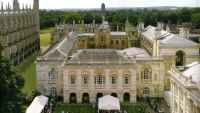
Join Emeritus Fellow Dr Brian D Cox for a talk which will delve into understanding the functioning of a collegiate university.

Graduation ceremonies are the culmination of students’ hard work and commitment, and a moment to celebrate the completion of their Cambridge degree.
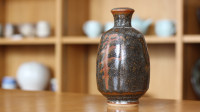
A display of works from the Bradshaw-Bubier studio pottery collection.
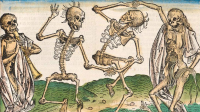
How we can develop ‘death activism’ – a variety of tactics and posthuman practices which celebrate death, its inevitability, its forms, from the slow to times of crisis, and how can trauma and mourning emerge as their own forms of expression, or even activism?
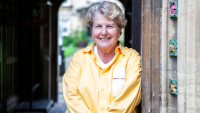
We are delighted to welcome Sandi Toksvig OBE as our speaker for Wolfson's prestigious Lee Lecture this year.







